Effective learning is crucial for personal and professional growth. It enhances problem-solving skills, boosts memory retention, and fosters adaptability. Employing diverse learning methods, setting goals, and seeking feedback are essential for success. Continuous learning ensures staying relevant in an ever-evolving world, unlocking opportunities for a fulfilling life.Study habits play a pivotal role in academic achievement. Organised routines, time management, and a dedicated study environment enhance productivity. Active engagement through note-taking and self-quizzing aids comprehension.
Consistency and discipline in habits lead to better retention and higher grades, fostering lifelong learning skills and success.Creating an ideal study environment with minimal distractions enhances focus, productivity, and retention. Organisation and a clear study plan are key.
In this blog, we explore the pivotal topic of learning strategies. Learning strategies start with effective planning and personalized approaches for successful educational journeys. Also, we explore the art of learning, from setting goals to employing diverse techniques. Discover how to enhance your cognitive toolkit and maximize knowledge retention, ensuring a more rewarding educational journey.
Table of contents
Understanding Effective Learning
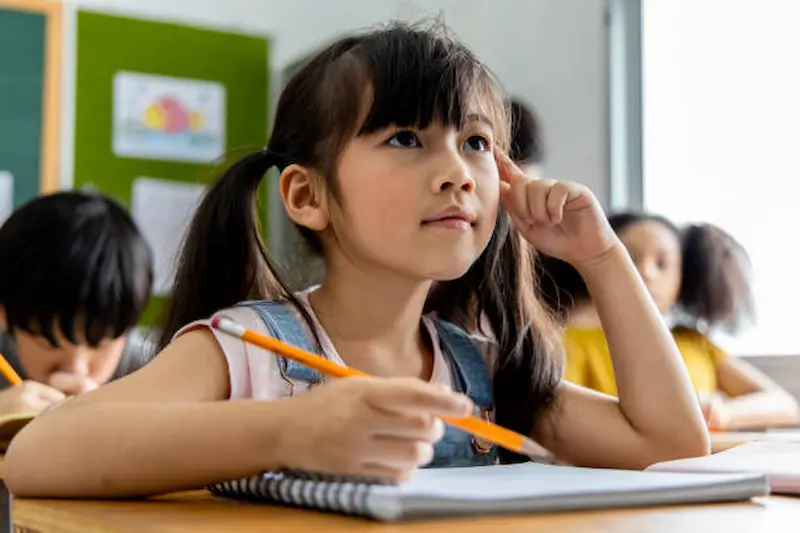
What is Effective Learning?
Effective learning involves the acquisition and application of knowledge or skills that lead to meaningful outcomes. It’s a dynamic process, incorporating various cognitive and metacognitive strategies. Understanding its core concepts and definitions is essential for anyone seeking to harness the power of learning for personal and professional growth. Moreover, it extends beyond rote memorization; it cultivates critical thinking skills for kids and adults alike, enabling them to analyse, evaluate, and apply information in a thoughtful and constructive manner.
15 Effective Learning Strategies
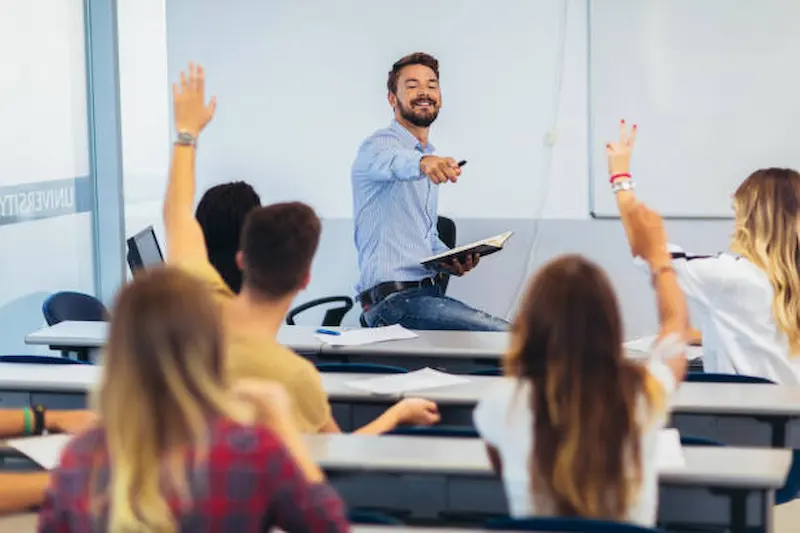
Effective learning is a dynamic process that involves not only acquiring knowledge but also retaining and applying it. To excel in your educational journey, consider incorporating these 15 powerful learning strategies into your routine:
1. Active Learning
Active learning is an educational approach where students, including activities for kids, engage in activities that require them to participate, think critically, and interact with the learning material, fostering deeper comprehension. This strategy encourages you to become an active participant in your own learning. Instead of simply reading or listening, actively engage with the material. This might involve discussions, problem-solving, debates, or hands-on activities. Active learning promotes critical thinking and a deeper understanding of the subject matter.
2. Spaced Repetition
Spaced repetition is a learning technique that involves reviewing and revisiting information at intervals to optimise memory retention and long-term learning. The spacing effect is a well-documented psychological phenomenon. It suggests that revisiting and reviewing information at increasing intervals over time enhances retention. This technique is particularly useful for long-term memory and is widely used in language learning and flashcard apps like Anki.
3. Interleaved Practice
Interleaved practice is a learning method where different topics or skills are mixed within a single study session, promoting the development of good habits for kids and adults alike. For instance, if you’re studying math, you might practise a variety of problem types rather than focusing exclusively on one. This approach challenges your brain to differentiate between concepts, making your learning more versatile.
4. Self-Testing
Self-testing is a learning strategy that can be adapted to various age groups, including brain teasers for kids, and adults. It involves individuals quizzing themselves on studied material to reinforce memory and assess their comprehension. Regular self-assessment is a powerful tool. By quizzing yourself on what you’ve learned, you force your brain to recall and retrieve information from memory. This not only strengthens memory but also highlights areas where you need to improve.
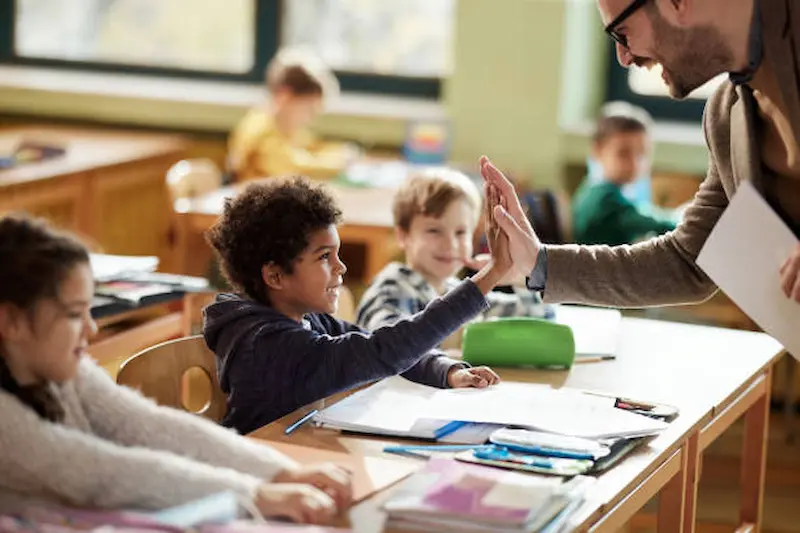
5. Mnemonic Devices
Mnemonic devices are memory aids such as acronyms, rhymes, or vivid mental images used to facilitate the recall of complex or abstract information. Mnemonics are memory aids that help you remember information more effectively. These can take the form of acronyms (e.g., PEMDAS for the order of operations in math), rhymes, visual imagery, or even silly stories. Mnemonics make abstract or complex information more memorable.
6. Teaching Others
Teaching others is a learning technique applicable to all age groups, including child development, where individuals explain concepts to someone else, reinforcing their own understanding and promoting effective knowledge retention. The act of teaching someone else requires you to explain concepts clearly and concisely. This process deepens your own understanding and helps identify gaps in your knowledge. Teaching is a powerful tool for both the teacher and the learner.
7. Chunking
Chunking is a cognitive strategy relevant to all, including child cognitive development, in which information is broken down into smaller, more manageable groups or “chunks” to aid in memory and comprehension. Breaking down complex information into smaller, more manageable chunks is a fundamental cognitive strategy. This allows you to process and remember information more effectively. Phone numbers and credit card numbers, for instance, are chunked into smaller groups to make them easier to remember.
8. Active Recall
Active recall is a learning technique that involves actively challenging oneself to recall information from memory, strengthening memory retention and deepening comprehension.
Instead of passively re-reading your notes or textbooks, actively challenge yourself to recall information from memory. This practice strengthens memory pathways and reinforces your understanding.
9. Mind Mapping
Mind mapping is a visual organisational technique where concepts or ideas are represented in a hierarchical and interconnected manner, aiding in the understanding and retention of information. They help you organise information hierarchically and show the relationships between different elements. Creating mind maps can enhance your comprehension and assist in the synthesis of complex topics. Mind mapping for kids can be a fun and creative way to help them organise their thoughts and ideas.
10. Set Clear Goals
Setting clear goals involves establishing specific and achievable objectives for one’s learning or tasks, providing direction and motivation to work towards success. Goal setting provides a sense of purpose and direction in your learning journey. When you have clear objectives, you’re more likely to stay motivated and focused. Break larger goals into smaller, manageable milestones for a sense of achievement along the way.
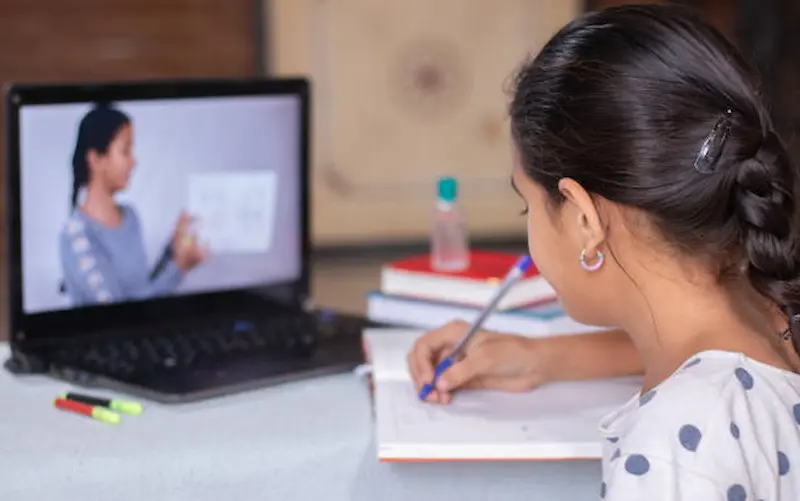
11. Take Breaks
Continuous studying can lead to fatigue and reduced concentration. Taking regular breaks refreshes your mind and prevents burnout. Experiment with different study and break durations to find what works best for you. Mindfulness games for kids can help them develop focus and reduce stress in a playful way.
12. Healthy Lifestyle
A healthy lifestyle encompasses habits such as balanced nutrition, regular exercise, and sufficient sleep that promote physical well-being and support cognitive function, contributing to effective learning and overall well-being. Your physical well-being greatly influences your cognitive abilities, including kids’ nutrition. A balanced diet, regular exercise, and sufficient sleep are essential for optimal brain function. These habits improve memory, attention, and overall learning capacity, making kids nutrition a fundamental aspect of their overall well-being and academic success.
13. Use Technology Wisely
Technology can be a valuable learning tool, offering access to vast resources and interactive learning platforms, including AI for kids. However, it can also be a source of distraction. Use apps and online resources purposefully, and consider tools that block distractions during study sessions to maximise the benefits of technology in education.
14. Seek Feedback
Feedback from peers, instructors, or mentors is invaluable. It provides insights into your strengths and weaknesses and offers opportunities for improvement. Be open to constructive criticism and actively seek it out to refine your learning process.
15. Stay Curious
Curiosity is the driving force behind effective learning. Cultivate a genuine interest in the subjects you’re studying. Ask questions, explore related topics, and seek to understand the “why” behind what you’re learning. A curious mindset fuels motivation and makes learning more enjoyable.
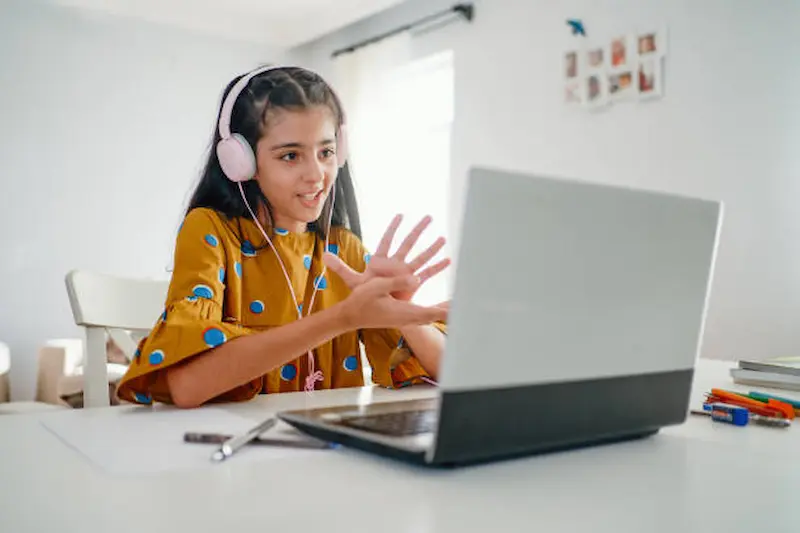
Incorporating these strategies into your learning routine can significantly enhance your educational experience. However, remember that different techniques may work better for different individuals and subjects. Experiment with these strategies, adapt them to your unique needs, and develop a personalised approach to effective learning. By doing so, you’ll not only excel academically but also acquire valuable skills for life-long learning and personal growth.
Conclusion
Learning strategies like active learning and self-testing foster deeper understanding and critical thinking, equipping you to tackle complex challenges in any field. Spaced repetition and interleaved practice optimise memory retention, ensuring that the information you learn remains accessible over the long term.Furthermore, these strategies promote self-awareness by highlighting areas where improvement is needed. Seeking feedback from peers and mentors becomes a natural part of the learning process, facilitating continuous growth.Staying curious and cultivating a passion for learning are among the most significant rewards of implementing these strategies. A lifelong commitment to curiosity ensures that learning remains a fulfilling and enriching endeavour.
To get your hands on more such educational and free resources on coding, robotics, game development, etc., do check out the Brightchamps Blog Page now!
Frequently Asked Questions ( FAQs )
A1. Effective time management techniques for studying include the Pomodoro technique and setting specific study goals.
Q2. How can I stay motivated while studying?
A2. Staying motivated during study involves setting rewards, finding your passion in the subject, and maintaining a study schedule.
Q3. Are there any online resources for improving study habits?
A3. Yes, there are many online resources like Coursera, Khan Academy, and Quizlet for improving study habits.
Q4. D. How does nutrition affect learning effectiveness?
A4. Nutrition impacts learning; a balanced diet with omega-3 fatty acids and antioxidants can enhance cognitive function.
Q5. What role does the environment play in studying effectively?
A5. Your study environment should be organised, quiet, and free from distractions to promote effective learning.


 We are an army of educators and passionate learners from BrightChamps family, committed to providing free learning resources to kids, parents & students.
We are an army of educators and passionate learners from BrightChamps family, committed to providing free learning resources to kids, parents & students.








